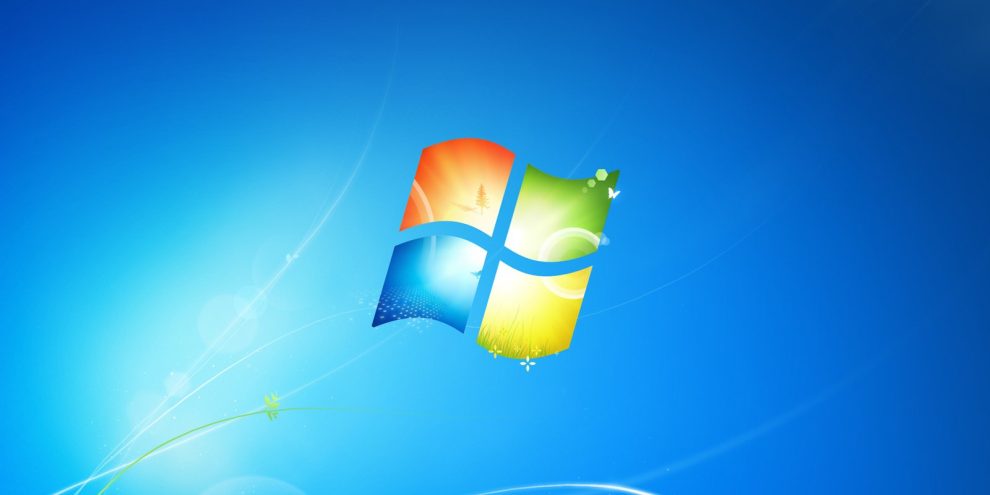A recently discovered vulnerability in Windows Wi-Fi drivers has sent shivers down the spines of security experts, raising concerns about the safety of using public Wi-Fi networks. This critical flaw, dubbed CVE-2024-30078, could allow hackers to remotely take control of your PC if you’re connected to an unsecured network.
A Backdoor on Your Wi-Fi: Understanding the Exploit
The vulnerability lies in the way Windows handles network packets, the small chunks of data that flow through your internet connection. Hackers can exploit this flaw by sending a specially crafted packet that bypasses security checks and gains access to your system. This essentially creates a backdoor, allowing attackers to install malware, steal sensitive data, or even launch further attacks on your network.
The Public Wi-Fi Risk Factor
Public Wi-Fi networks, often found in cafes, airports, and hotels, are particularly risky environments for this vulnerability. These networks lack the robust security measures found in private networks, making them prime hunting grounds for attackers. Anyone connected to the same public Wi-Fi network as a vulnerable PC could potentially exploit the flaw.
Beyond Public Wi-Fi: Are You Safe at Home?
While public Wi-Fi poses the most immediate threat, even users on seemingly secure home networks shouldn’t be complacent. Malicious actors could potentially exploit this vulnerability if they manage to gain access to your home network, perhaps through a compromised router or another internet-connected device.
Patching the Hole: How to Stay Safe
The good news is that Microsoft has acknowledged the vulnerability and released a security patch to address it. Updating your Windows system to the latest version is crucial to plugging this security hole. Here’s how to do it:
- Click on the Start menu and type “Windows Update.
- Open Windows Update settings.
- Click “Check for updates” and install any available updates, including the security patch for CVE-2024-30078.
Beyond Patching: Additional Security Measures
Updating your system is essential, but it’s not a silver bullet. Here are some additional security measures to consider when using public Wi-Fi:
- Avoid sensitive activities: Public Wi-Fi is not ideal for activities that involve sensitive data, such as online banking, entering credit card information, or checking social media accounts.
- Use a VPN: A Virtual Private Network (VPN) encrypts your internet traffic, making it much harder for hackers to intercept your data, even on public Wi-Fi.
- Turn off file sharing: Disable file sharing on your computer to prevent unauthorized access to your files.
- Be cautious of open networks: Avoid connecting to open Wi-Fi networks that lack any password protection.
The Fallout: A Wake-Up Call for Secure Wi-Fi
The discovery of this vulnerability highlights the importance of robust security measures for Wi-Fi connections. For individual users, it’s a reminder to stay vigilant, update their systems regularly, and exercise caution when using public Wi-Fi. For businesses and organizations that offer public Wi-Fi, it underscores the need to invest in strong network security protocols and encryption to protect their users.
The Road Ahead: A Collaborative Approach to Wi-Fi Security
The onus of security doesn’t solely lie on individual users. Software developers like Microsoft need to prioritize timely patching of vulnerabilities. Additionally, manufacturers of Wi-Fi routers and network equipment need to focus on incorporating robust security features and making it easier for users to configure secure settings.
A Secure Future for Wi-Fi
A collaborative approach is crucial to ensure the safety and security of Wi-Fi networks. By combining user awareness, responsible software development, and secure network infrastructure, we can create a future where Wi-Fi remains a reliable and secure way to connect to the internet, no matter the location.
















Add Comment